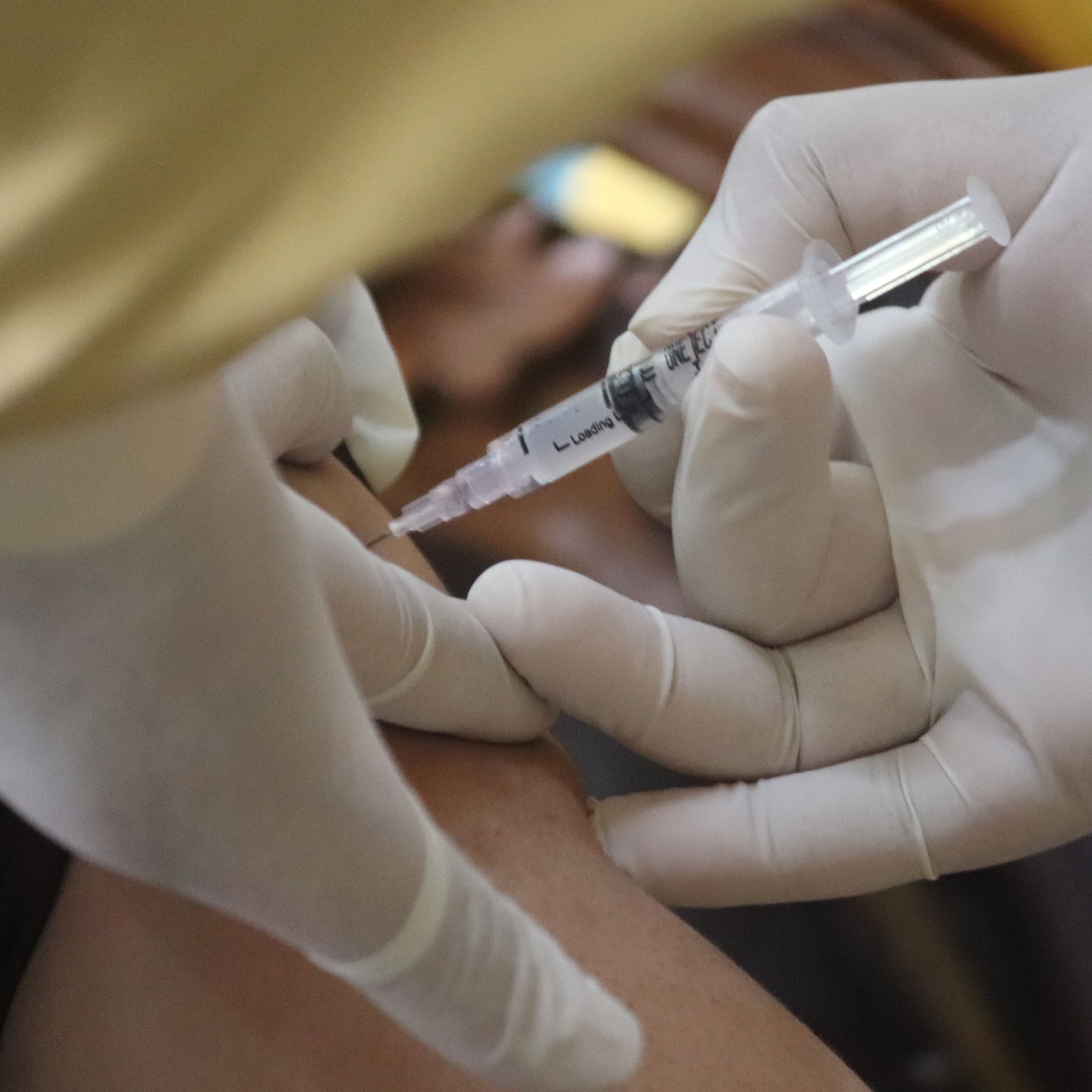Article
Childhood Immunizations Save Thousands of Lives, Billions of Dollars
Author(s):
A new economic analysis finds that the US childhood immunization schedule will prevent 42,000 early deaths and 20 million cases of disease, saving $13.5 billion in direct costs over the lifetime of a single cohort.

A new economic analysis finds that the US childhood immunization schedule will prevent 42,000 early deaths and 20 million cases of disease, saving $13.5 billion in direct costs and $68.8 billion in total societal costs in a single cohort. Published online March 3 in Pediatrics, the study updates a prior analysis published in 2005.
Fangjun Zhou, PhD, and colleagues at the US Centers for Disease Control and Prevention and the Bill and Melinda Gates Foundation, found that the direct and societal benefit-cost ratios for routine childhood vaccination with 9 routine childhood vaccines (this did not include influenza vaccine) were 3.0 and 10.1.
Decision analysis was conducted using population-based vaccination coverage, published vaccine efficacies, historical data on disease incidence before vaccination, and disease incidence reported during 2005 to 2009.
The costs researchers included in their study included vaccine, administration, vaccine-associated adverse events, and parent travel and work time lost. These factors were all used to calculate the lifetime economic impact of vaccinating a hypothetical cohort of 4,261,494 infants born in 2009.
According to the researchers, the average savings per dollar spent on vaccination is at least $10.
“Vaccines currently recommended for young children represent not only a major health victory in terms of disease prevention, but also an excellent public health ‘buy’ in terms of dollars and cents,” the authors wrote.





